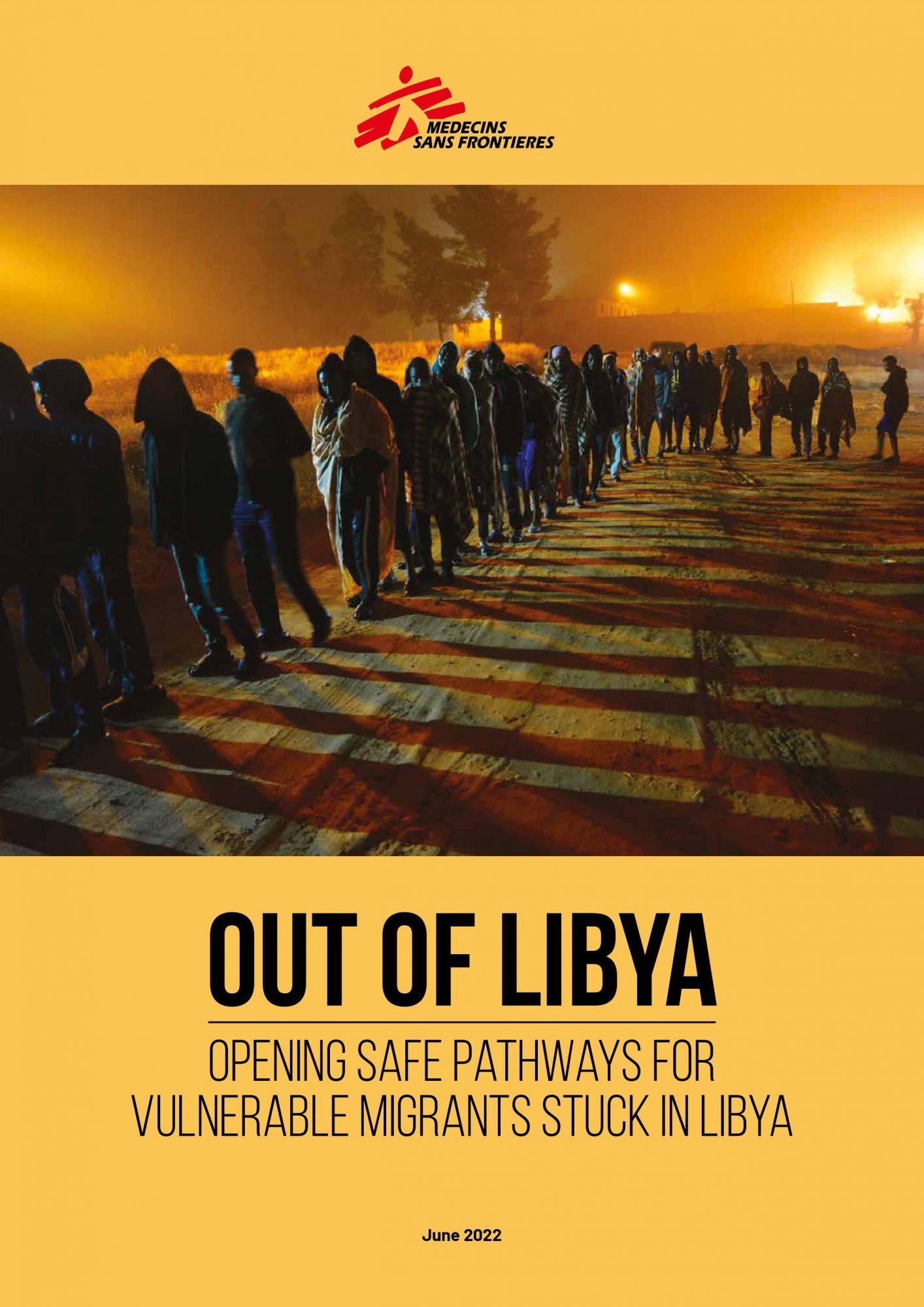Since the start of MSF’s migration projects in Libya in 2016, we have repeatedly faced the same challenges: the impossibility of protecting migrants inside Libya, of ensuring continuity of care for serious physical and mental conditions, and of rehabilitating victims of torture. Whether inside or outside detention centres, MSF medical teams encounter migrants who are victims of and at immediate risk of trafficking, torture, sexual abuse, extortion and violence more generally.
With no safe options inside Libya, this portion of the overall migrant and refugee population can only achieve safety and security by leaving Libya.
This report aims to provide an overview of existing legal pathways out of Libya and MSF’s experience at referring cases via those mechanisms. It attempts to address the main challenges encountered, mostly resulting from third countries’ unwillingness and UN agencies’ inability to fully abide with their protection mandates and obligations. As a result, MSF is proposing to develop alternative pathways for particularly vulnerable migrants.
